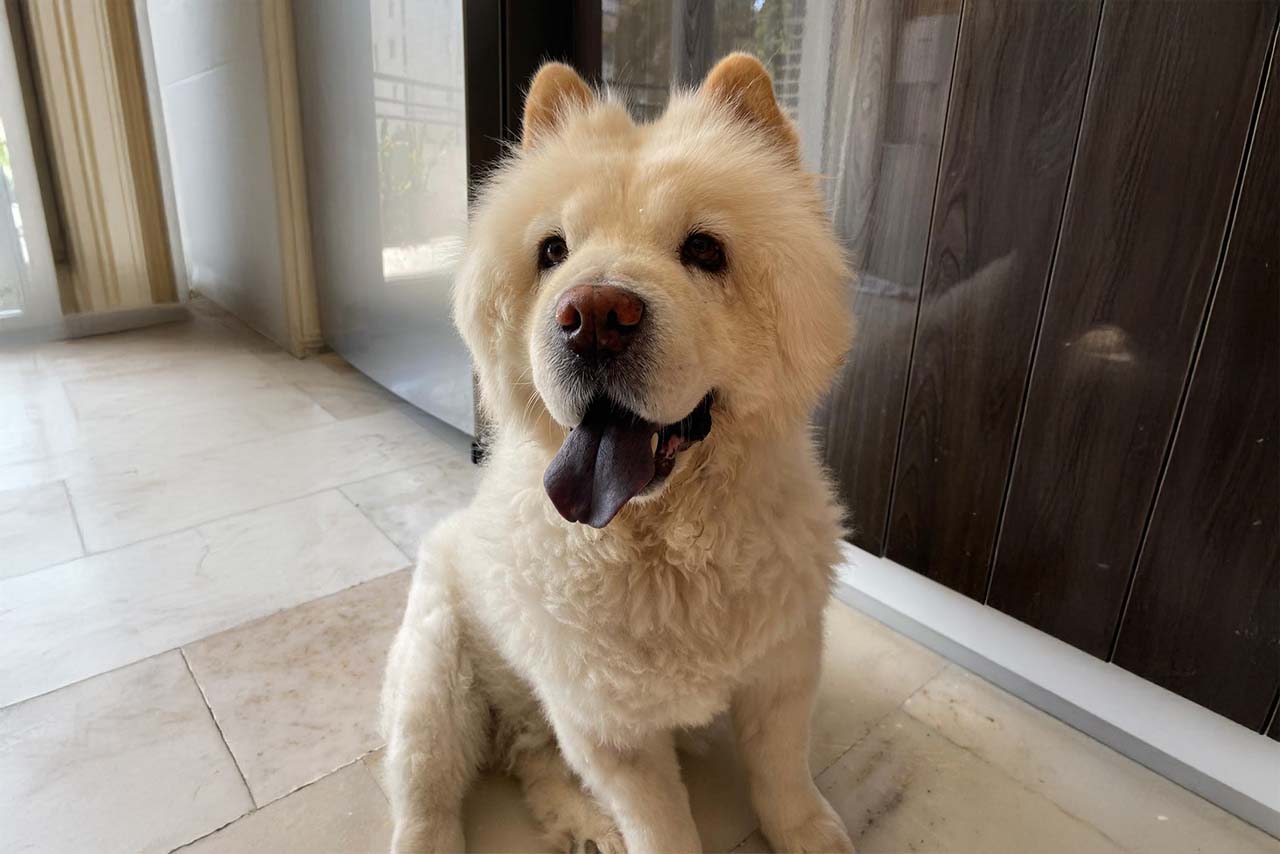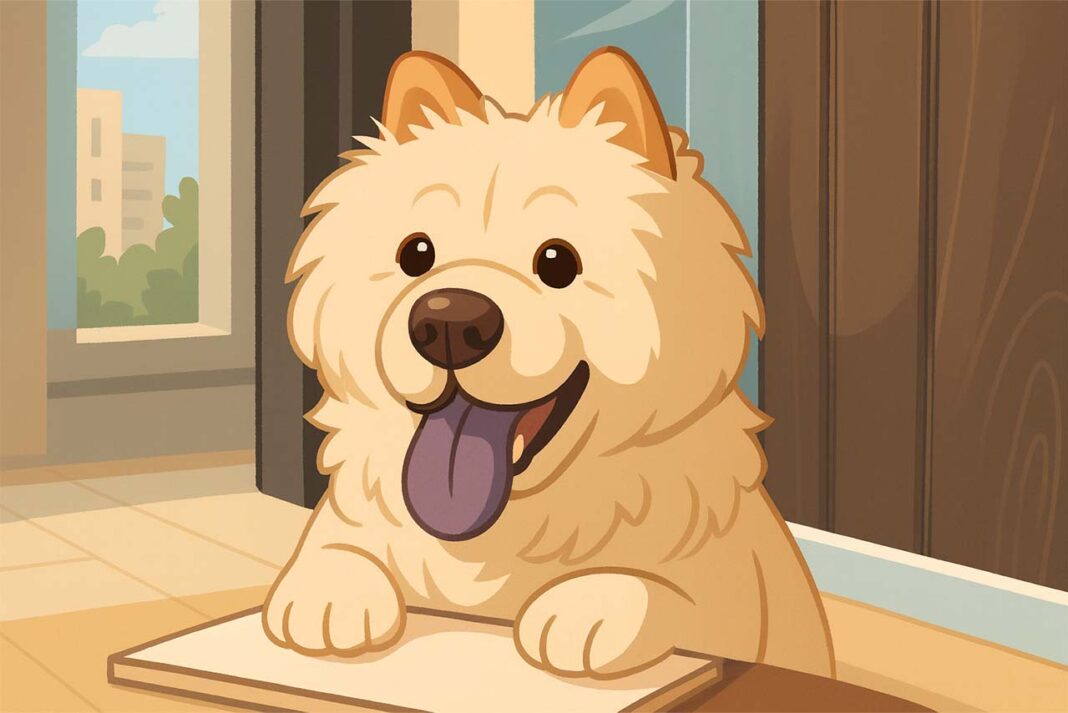Why do we grieve the loss of a pet as if we had lost a human being? Is it because we love them so much, because we spent half our lives with them, because they cannot speak, because they are pure and innocent, or because it is actually no different from losing a human being?
Whatever the reason, those who have experienced this pain know that losing a pet is no different from losing a human being.
For many people, a pet is not just a friend but also part of the family. The love, loyalty, and daily routines shared with them add deep meaning to our lives. Therefore, pet loss means losing unconditional love, trust, and special moments spent together.
Unfortunately, society often underestimates the weight of this grief and dismisses the person’s feelings with statements such as “it was just an animal.” In psychological literature, this situation is explained by the concept of disenfranchised grief.
Disenfranchised grief leads to the individual’s emotional pain being belittled by those around them and to an increased feeling of loneliness.
Psychological Effects of Pet Loss
Because animals cannot express their pain, they are often seen as innocent and in need of protection. When they suffer, all they can do is wait for us to understand with our eyes.
Therefore, the loss of a pet brings not only sadness but also feelings of guilt and loneliness. The absence of an animal that was part of our daily routine disrupts our order and intensifies the impact of this loss.
The phrase “She must have been hurt, but I didn’t understand,” often heard from pet owners, sums up the feelings of guilt that can prolong the grieving process.
Support from the environment is also often limited. Comments such as “It was just a pet, you can get another one,” even if well-intentioned, can be perceived as belittling the bereaved person’s feelings. This increases the individual’s sense of loneliness and leads to a more intense experience of grief.
Kenneth Doka and Other Researchers’ Views on Disenfranchised Grief
Kenneth J. Doka is a renowned figure in the field of grief and death studies. Doka (1989) introduced the concept of disenfranchised grief to describe grief processes that are not recognized or supported by society.
According to him, people who experience pet loss often struggle to express their grief and find social support; this leads to prolonged grief and increased feelings of loneliness. Doka also emphasizes that rituals (such as memorial services and remembrance corners) play a critical role in the healthy processing of grief.
In addition, Worden (2009) draws attention to the importance of completing four tasks in the grieving process: accepting the reality of the loss, feeling the pain, adjusting to life after the loss, and maintaining an emotional bond with the deceased.
Neimeyer (2001), on the other hand, evaluates the grieving process within the framework of meaning-making, arguing that individuals need to give new meaning to their lives after loss in order to heal.
Conclusion
Pet loss is actually the loss of a friend, a confidant, and a part of the family. Although it is often belittled by those around them, the emptiness and longing experienced are very real.
Therefore, making this disenfranchised grief invisible pushes the individual into loneliness and makes it difficult for them to share their feelings. However, this grief, like other losses, deserves to be valued and understood.
Creating small rituals, expressing feelings openly, and ensuring that the loss is legitimized are critical for processing the loss in a healthy way. This validates the individual’s feelings and allows the healing process to progress more healthily.
Because every pet we lose leaves an indelible mark on our hearts; mourning is the most humane way to honor those marks.
In Memory of Hera (Epilogue)
Thank you for teaching me unconditional love, loyalty, friendship, and sisterhood. You brought color and beauty to our lives during the 10 years you were with us. I dedicate this article to you.
Even though you are no longer with us, the mark you left will live on forever.



